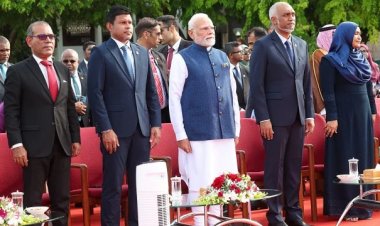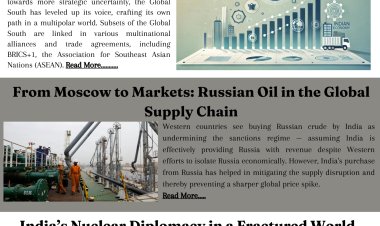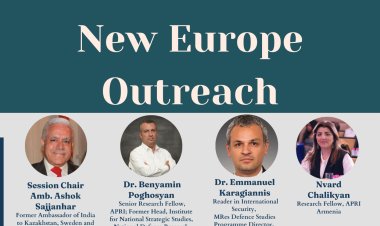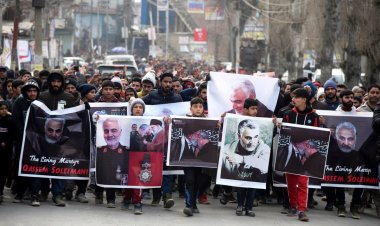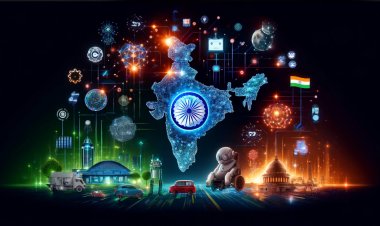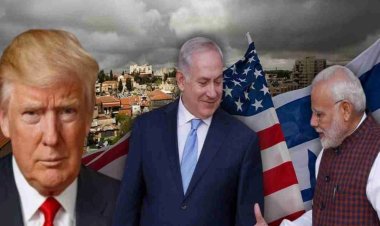Armenian-Indian Cooperation: obstacles and new strategic perspectives
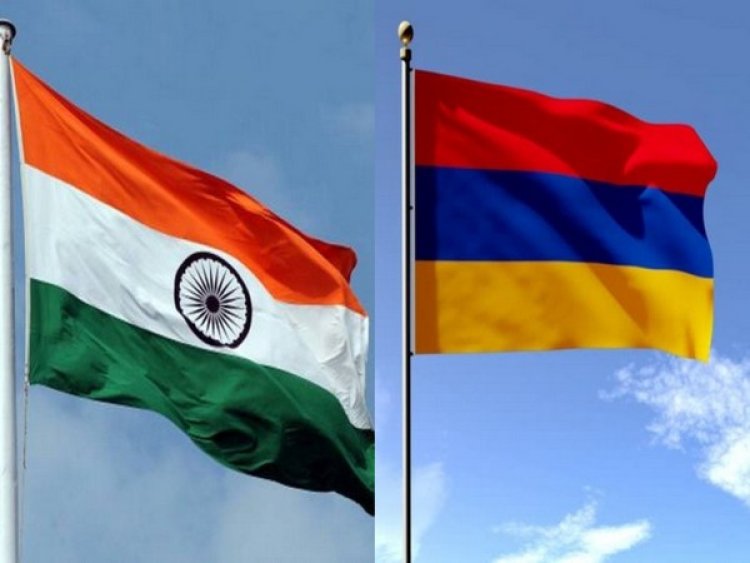
For India, the position of Armenia is very important because it is located between Europe and the East, therefore good relations have been established between the two countries. This position was expressed by the Minister of Foreign Affairs of India, Subrahmanyam Jaishankar, speaking about Armenian-Indian relations during a meeting with a group of journalists from the countries of the Eurasian zone.
There are many opportunities to develop mutually beneficial ties in a number of fields: economic, cultural, political, etc. So there is a lot to be done here, the Indian Foreign Minister emphasized. Both Armenian and Indian experts see great prospects in this direction, talking about the factors that contribute to the strengthening of Armenian-Indian relations, as well as hindering factors.
Dr. Abhinav Pandya, the founder of the Indian "usanas Foundation" think tank, answering the question about the Armenian-Indian processes, particularly emphasized.
"India and Armenia have strong civilizational relations, which are a good basis for future relations. Today, geopolitics promotes the relations between India and Armenia. Turkey and Pakistan are enemies. India needs a strategic partner in the South Caucasus to counter Pakistan and Turkey. Armenia is a perfect partner for that. This relationship is strong in the defense sector, but it should be extended to other sectors: technology, business, tourism, innovation and intelligence."
The Minister of Foreign Affairs of India also referred to the implementation of logistics mega projects, which have recently become the subject of discussion by many countries. Jaishankar observed that many changes have taken place in recent decades, resulting in opportunities to open up new transport and logistics corridors.
"There is a lot of talk about the North-South transport route, at the core of which Chabahar port plays an important role for many states. The Central Asian Corridor is also being considered as an alternative route. There will also be other alternatives, because all the previous corridors were established eight or nine decades ago and their resources and capabilities have been exhausted."
Ararat Kostanyan, a researcher at the Australian National University, the International Islamic University of Indonesia, and fellow at usanas" Foundation, first noticed in the conversation with "Radiolur".
"In addition to being a high-ranking diplomat, Indian Foreign Minister Jaishankar is also an exceptional internationalist. His statement about the importance of Armenia's important regional position, as a country between Europe and the East, should be a positive impulse, first of all, for the political, economic, cultural and scientific figures of Armenia and Diaspora, so that we can jointly present such programs that will make Armenia a factor. in the region."
According to both Indian and Armenian experts, several factors contribute to the strengthening of Armenian-Indian relations. Ararat Kostanyan, for example, spoke several times on the air of Public Radio about the prospective Armenian-Indian relations. Commenting on the statements of the Indian Foreign Minister in a conversation with "Radiolur", he added today.
"The North-South transport corridor megaproject proposed by India really gives Armenia a great opportunity to first of all develop its relations with Asia and, in general, the concept of the Global South, which includes rapidly developing countries, which today play a key role in the emergence of a multipolar world, and their role will increase in the coming decades."
The expert notes that the proposed mega-plan will include Eurasia, thanks to India's practical and proactive foreign policy. India also calls for cooperation with China's "One Belt One Road" mega project.
Kostanyan notices. "In other words, this is a clear message that the mega-plan presented by India does not contradict China's initiative and, therefore, we will also have the opportunity to play a greater role in Asia and work with the most important Asian countries that will have a great political and economic influence in the world in the near future. Thus, in these mega-projects leading to Europe, the role of Armenia will be much greater and Armenia will really be a factor in the region, having good relations both with the West and with Russia, and thus developing relations with Asian countries.
By the way, Russian Foreign Minister Sergey Lavrov stated that Russia is working together with China and India to increase the efficiency of the North Sea route for the development of Eurasian infrastructure, recalling the intergovernmental agreement signed between China and the EAEU to demonstrate the Chinese "One Belt, One Road". the connection between the development of the "road" initiative and integration into the EAEU. According to him, there are many projects in Eurasia that allow the countries of the region to use their natural competitive advantages.
Despite the positive developments, geopolitical tensions in the region, especially the instability caused by Azerbaijan's military occupation of Artsakh in 2023, pose risks to India's strategic projects and investments. However, experts are convinced that Armenia and India are committed to overcoming these challenges in order to ensure mutual interests and regional stability. Ultimately, Armenian and Indian experts see great prospects for the future of Armenian-Indian relations due to common strategic interests and the need for regional stability. According to experts, continuous efforts to diversify cooperation and establish strategic partnership are important steps in the direction of making these prospects a reality.
Media Link : https://hy.armradio.am/archives/581246










